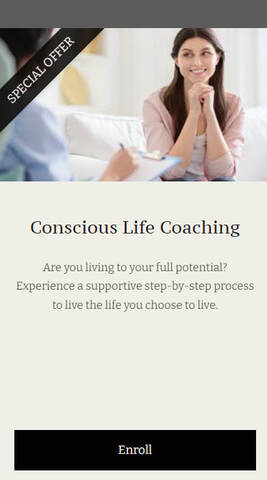|
Learn more about self-esteem and how you can achieve higher self-esteem in your life. Self-esteem represents the foundation that supports the relationship you have with yourself. It carries over into every aspect of life. If you’re reading this, you probably value this relationship and may want to build your self-esteem. By the end of this article, you should have a better understanding of self-esteem and ways to improve it. Let’s start with a simple definition. Most psychological theories agree that self-esteem refers to your evaluation of yourself (Mruk, 1995). Self-esteem can also be thought of as how much you like, approve of, or value yourself. Self-esteem can be applied to you globally (e.g., “On the whole, I am satisfied with myself”; Rosenberg et al., 1995) or to specific domains of your life (e.g., “I am good at my job and I’m proud of that”). Research shows that although self-esteem is relatively stable over one’s life, it is by no means fixed or unchangeable (Orth & Robins, 2014). What is Low Self-Esteem?Having low self-esteem corresponds to negative evaluations of yourself. Put differently, if you have low self-esteem, you generally don’t hold yourself in a positive light. You tend to be more critical of yourself. You might get stuck in loops of negative self-talk, telling yourself things like, “I’m worthless”, “I could never succeed at this”, or “I’m not smart enough”. This can bring up feelings of anxiety, sadness, or hopelessness. Self-esteem develops over your lifespan. It is thought that the beliefs you hold about yourself play a role in developing low self-esteem. The stronger the beliefs, the harder it may be to break the negative thought patterns that are associated with low self-esteem. Here are a few examples of beliefs that characterize low self-esteem.
What Causes Low Self-Esteem?Although there are a variety of factors that play a role in self-esteem, here are a few factors that may make it more likely for someone to develop low self-esteem:
How to Build Self-Esteem1. Live ConsciouslySelf-esteem is rooted in your ability to live consciously and focus on what is happening in the current moment, without ruminating on the past or overthinking the future. 2. Practice Self-AcceptanceThis involves accepting yourself unconditionally and showing yourself compassion across different situations (e.g., when you make a mistake).
Comments are closed.
|
AuthorPamela (Pami) Parker currently serves as a holistic practitioner, coach and teacher. Her intention is to be a compassionate guide to those who choose to experience a healthier, happier and more peaceful way of life. Categories
All
|
Company Details
The Self-Care Cafe is a member of The Conscious Center
Dutch Chamber of Commerce (KvK) Registration #64532593
Taxation (VAT) Number: NL670496157B01
Privacy Policy
The Self-Care Cafe is a member of The Conscious Center
Dutch Chamber of Commerce (KvK) Registration #64532593
Taxation (VAT) Number: NL670496157B01
Privacy Policy



